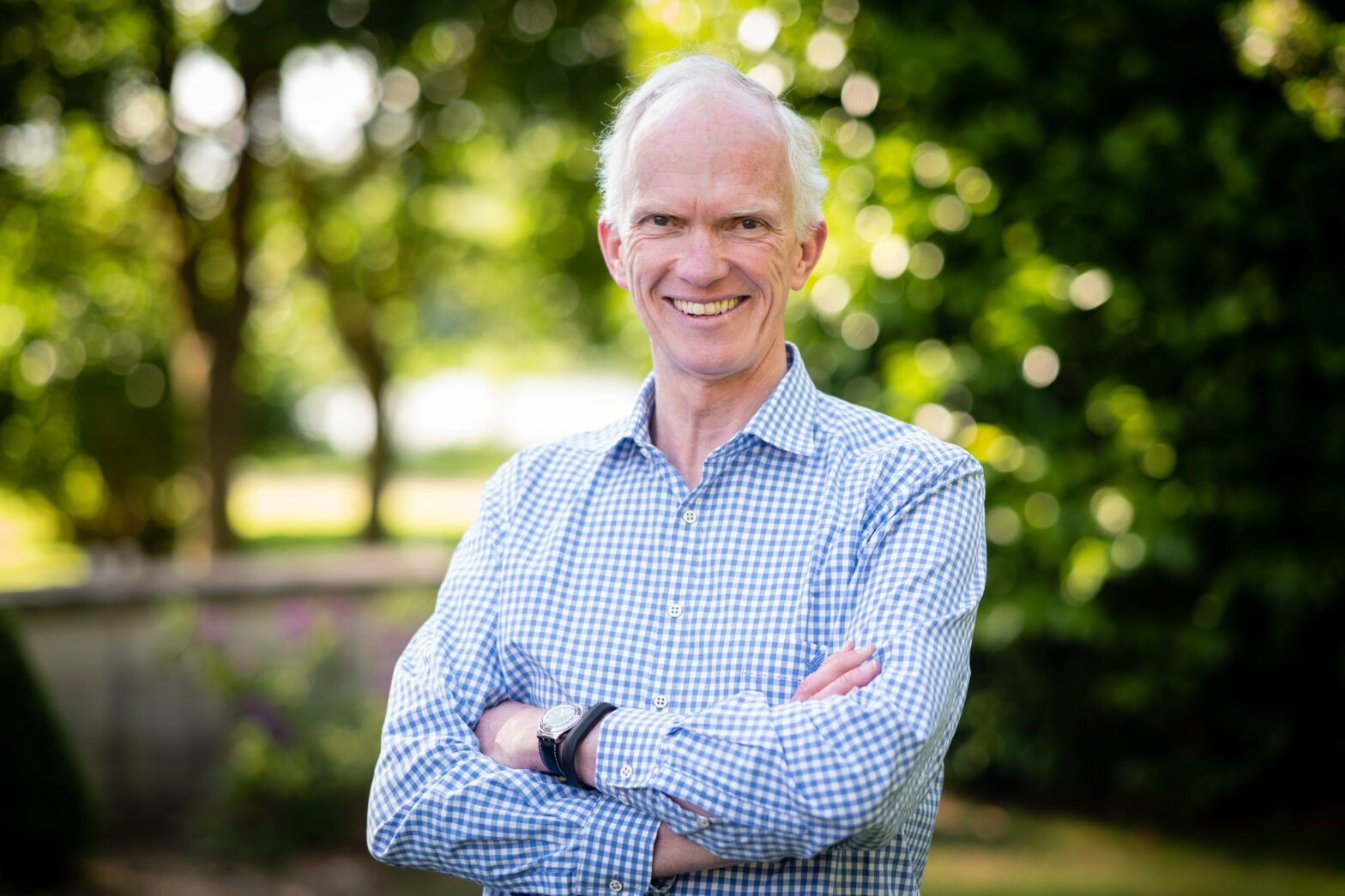Stephen Welton, who runs BGF, the UK’s most active investment vehicle, has questioned the business model of Britain’s venture capital firms.
The total amount of VC money invested in Britain rose by 37pc to £4.4bn over the first six months of this year, according to KPMG.
However, venture capitalists are shying away from investing in early stage UK start-ups in favour of placing bigger, fewer bets on scale-ups.
But Welton, who runs Britain’s most active scale-up investor, says the VC model is flawed because it relies on identifying potential unicorns – companies which will eventually be worth $1bn or more – to offset losses made by other investments.
BGF’s own approach is to spread its money thinner, making multiple investments across around 50 companies each year.
Welton said: “The VC industry doesn’t work in my view. The venture-capital industry is all based on looking for a unicorn. Some will find them, but the vast majority will not. Venture capital as an asset class over a long period of time has shown some exceptional returns at the very top and then some poor-to-mediocre returns.
“If you look at the venture industry, if I had to make 10 bets and I thought five or six of them are going to fail, which is the working model, you really do need that one out of 10 that’s going to provide exceptional returns. The vast majority have not.”
To date, BGF has invested more than £2bn in over 285 companies, making it the most active investor in the UK as well as globally by number of transactions.
BGF was launched in 2011 in the wake of the financial crisis, as funding for scale-ups dried up. Today, four banks – Barclays, HSBC, Lloyds and RBC – channel £2.5bn at any one time to BGF in evergreen capital.
Investments include food delivery giant Gousto, children’s luggage maker Trunki and ad tech group Unruly — later acquired by Rupert Murdoch’s News Corp for £115m in 2015.
You can read the full interview with BGF chief executive Stephen Welton here






